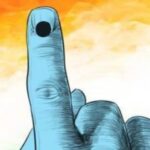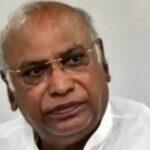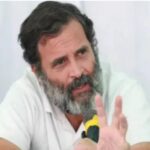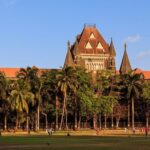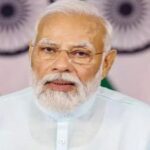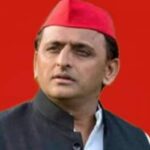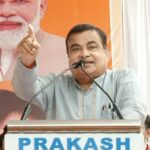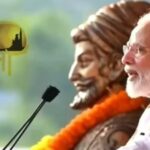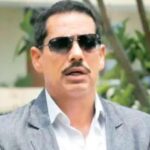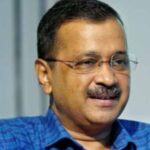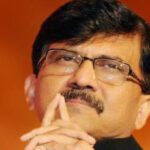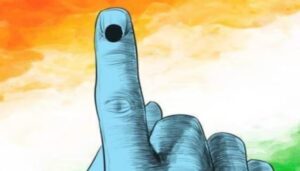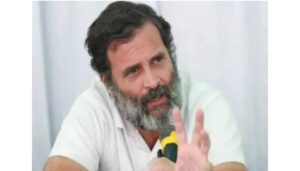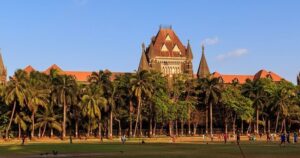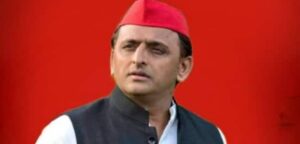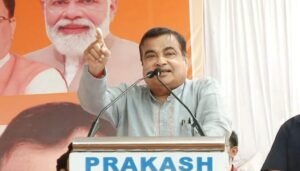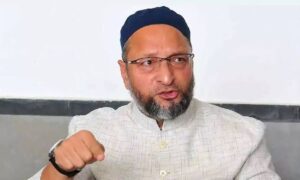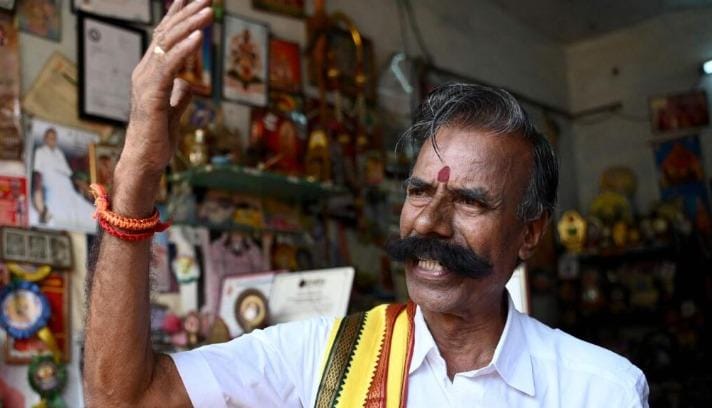
K Padmarajan, “Election King,” Prepares for 239th Electoral Bid Despite 238 Defeats
Chennai, 28th March 2024: Despite facing defeat 238 times in his quest for public office, K Padmarajan remains undeterred as he gears up once again to contest the upcoming Lok Sabha elections. The 65-year-old owner of a tyre repair shop embarked on his electoral journey in 1988 from his hometown of Mettur in Tamil Nadu.
Initially met with ridicule when he entered the fray, Padmarajan aimed to demonstrate that an ordinary individual can actively participate in the political process. “All candidates seek victory in elections,” remarked Padmarajan, clad in a vibrant shawl and sporting an imposing walrus moustache. “Not me.”
For him, the essence of victory lies in participation itself, and when defeat inevitably comes, he embraces it with contentment. This year, amidst the six-week-long general elections commencing on April 19, he is vying for a parliamentary seat in Tamil Nadu’s Dharmapuri district.
Dubbed the “Election King,” Padmarajan has contested elections across the country, spanning from presidential to local polls. Over the years, he has faced defeat against prominent figures including Prime Minister Narendra Modi, former Prime Ministers Atal Bihari Vajpayee and Manmohan Singh, and Congress leader Rahul Gandhi.
“Victory is secondary,” he declares. “Who is the opposing candidate? I do not care.” Padmarajan’s primary focus remains on extending his remarkable losing streak, despite the considerable financial investment it entails. He estimates spending thousands of dollars over three decades in nomination fees alone.
His sole triumph lies in securing a place as India’s most unsuccessful candidate in the Limca Book of Records. His most notable performance was in 2011, during the assembly elections in Mettur, where he garnered 6,273 votes, a modest figure compared to the eventual winner’s tally exceeding 75,000.
In addition to his tyre repair business, Padmarajan provides homoeopathic remedies and serves as an editor for local media. However, among his various pursuits, electoral participation holds the utmost significance. “It’s about engagement,” he emphasizes. “People hesitate to nominate themselves. So, I want to set an example, to raise awareness.”
Maintaining meticulous records of his nomination papers and identity cards from each electoral endeavour, Padmarajan showcases his resilience, turning his campaigns into lessons on overcoming adversity. Once derided, he is now invited to address students on resilience, drawing from his experiences of bouncing back from defeat.
“I do not aspire to win—failure is the best teacher,” he asserts. “With that mindset, stress becomes irrelevant.” Padmarajan underscores the importance of every citizen exercising their voting rights, regardless of victory or defeat.
He pledges to continue contesting elections until his last breath, although winning would come as a profound shock. “I would probably have a heart attack,” he jests.
